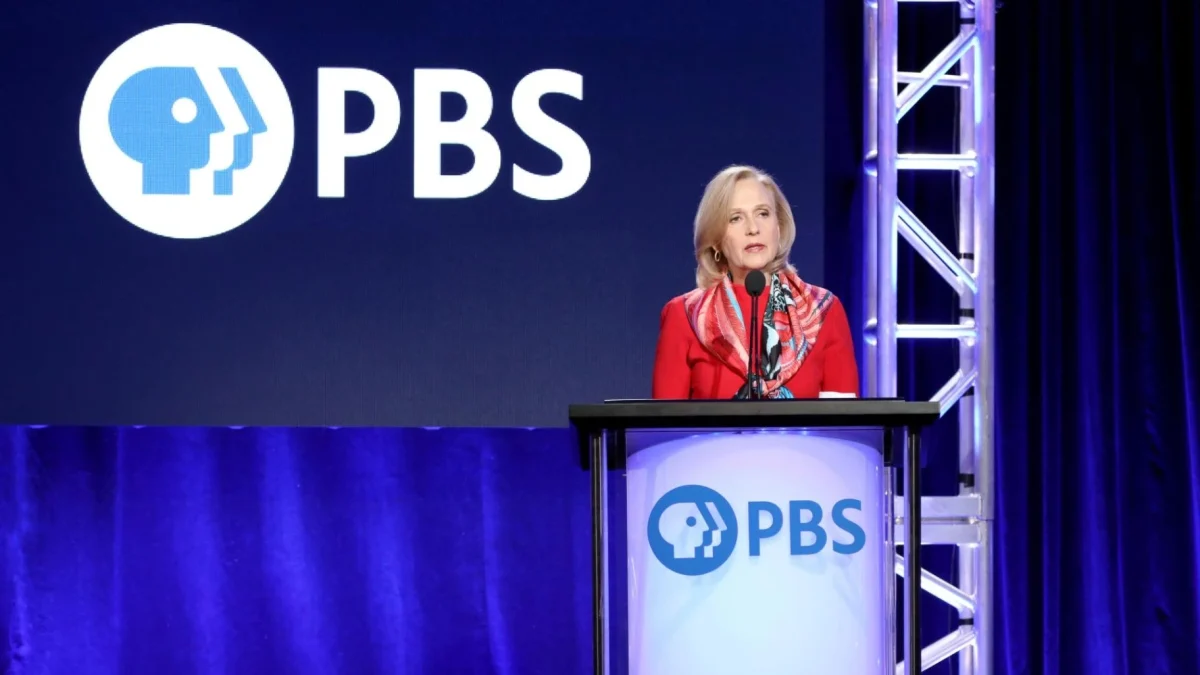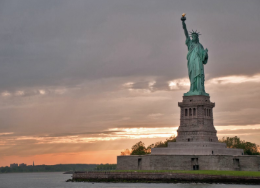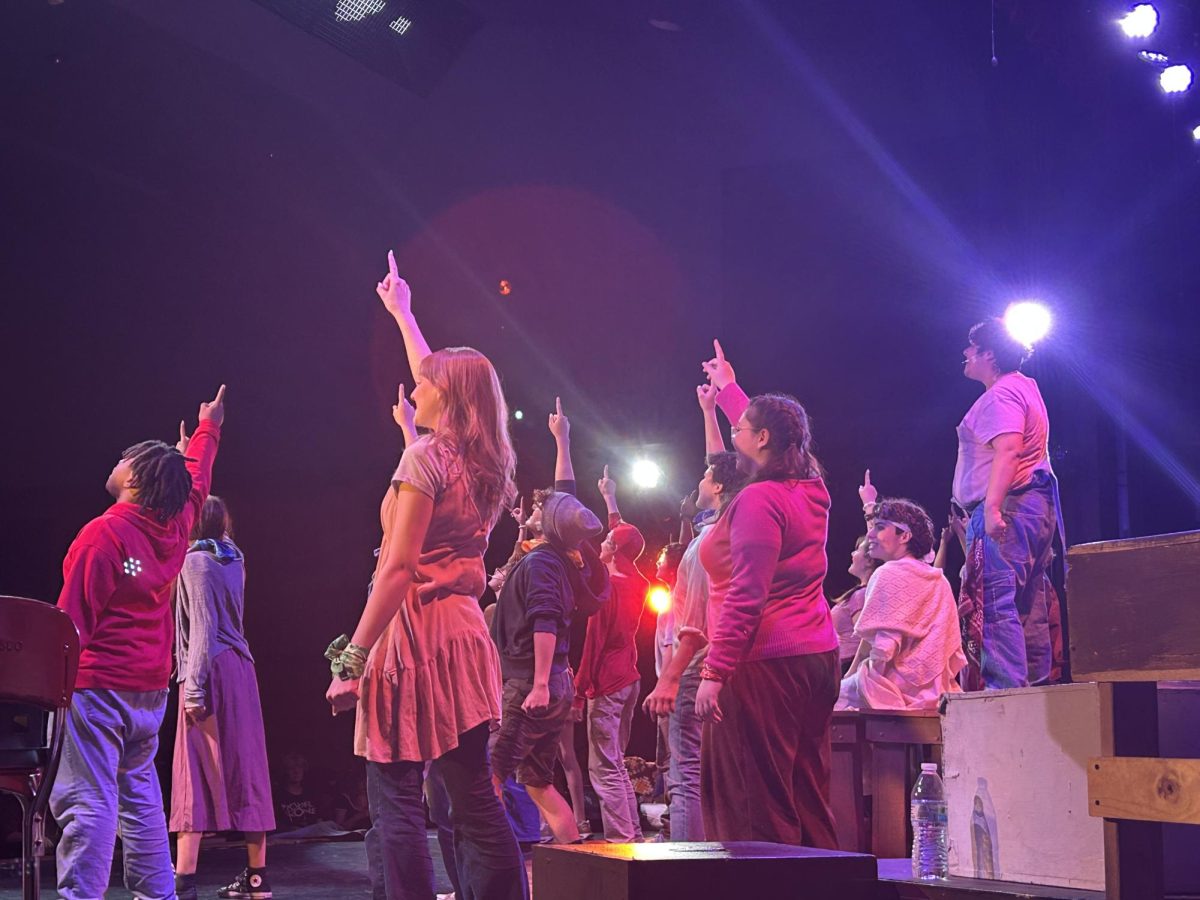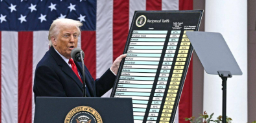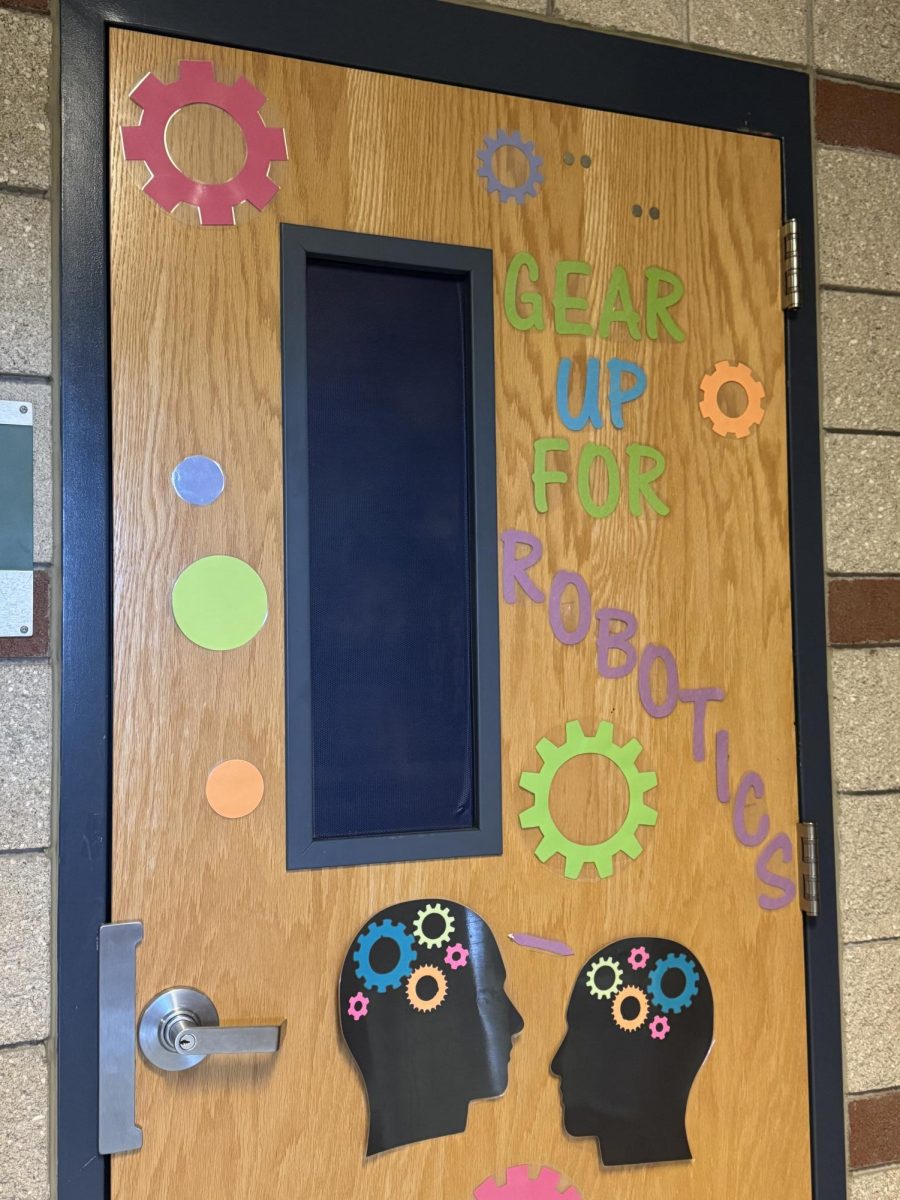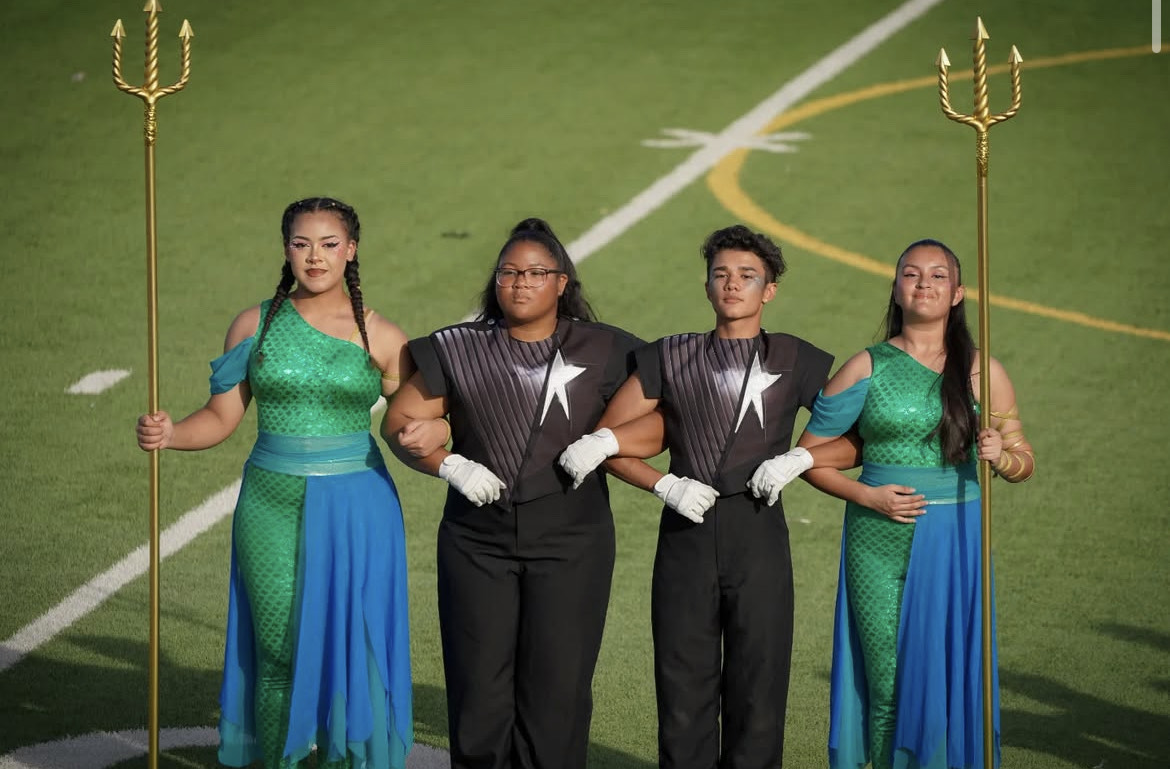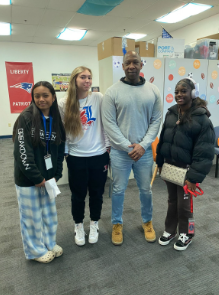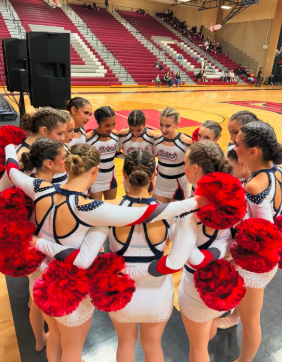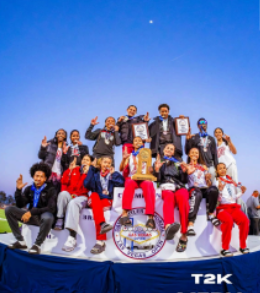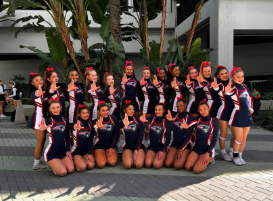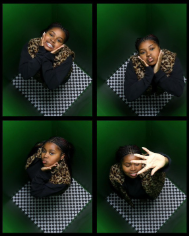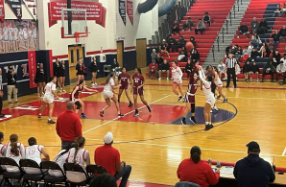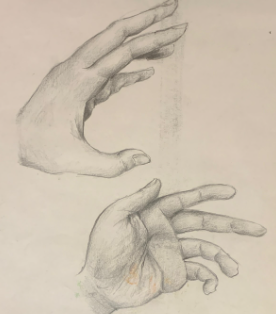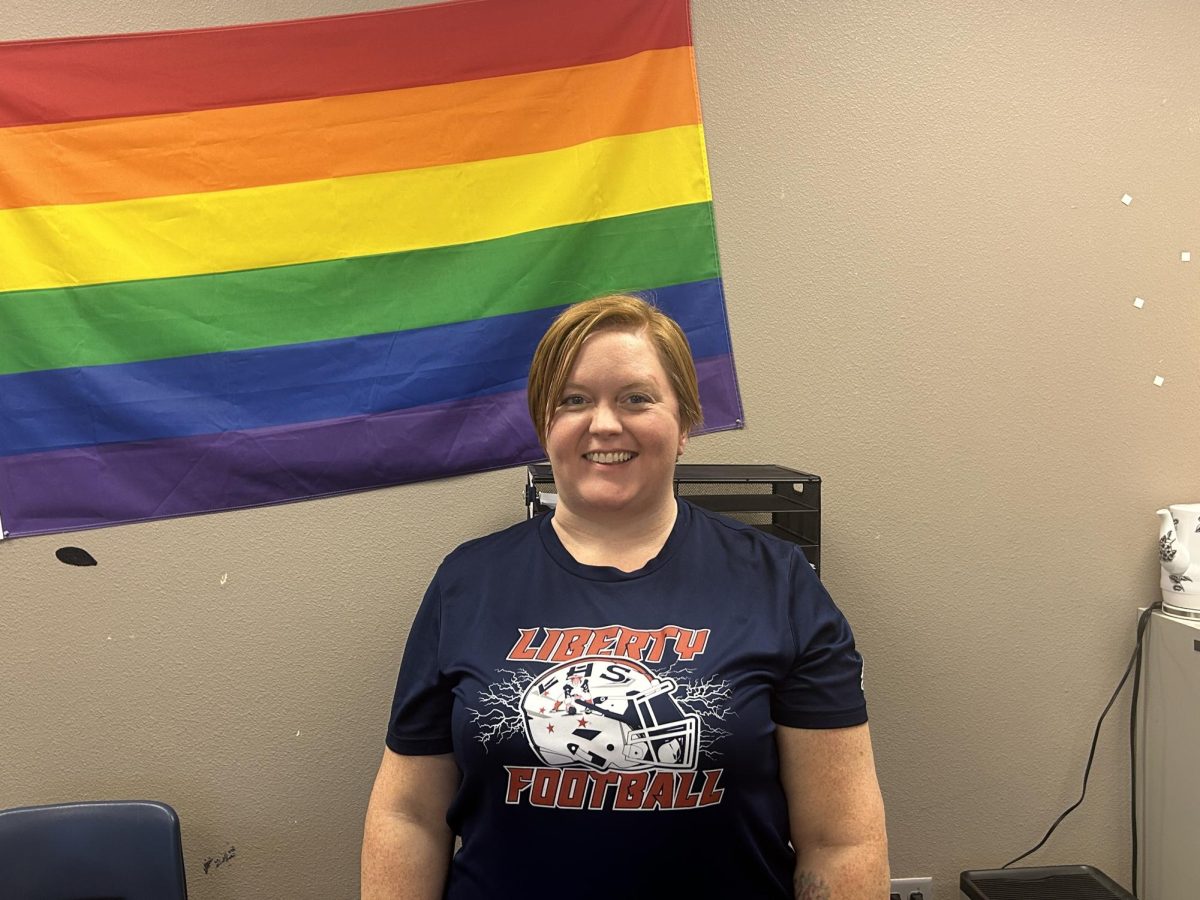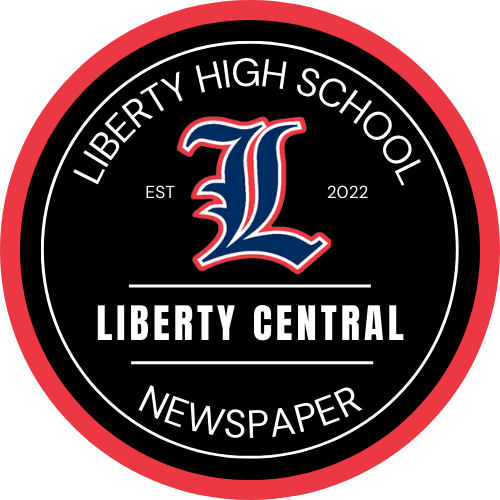There are over 3.45 million Muslims living in the United States, and many of them observe the holy month of Ramadan by fasting from sunrise to sunset for thirty days. This practice is not only a physical fast but also a time for self-discipline and spiritual growth. At the end of Ramadan, Muslims celebrate Eid, their most significant holiday. It is a joyous occasion, marked by family gatherings, prayers at the mosque, and feasts to break the fast after a month of fasting.
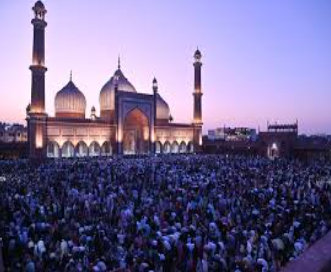
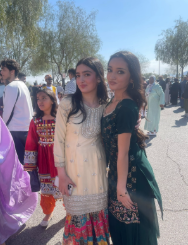
Eid is a universal celebration for Muslims, where they wake up early for special prayers at the mosque, gather with family, and celebrate the completion of the month-long fast. However, for many Muslims in the U.S., celebrating Eid fully is difficult because schools and workplaces do not recognize it as an official holiday. This lack of recognition can leave many feeling frustrated and disheartened, especially when they are unable to fully partake in such a meaningful occasion.“Everyone says just miss school its just one day but its not like that and it’s not fair I was forced to go to school because of my exams and I was not able to celebrate eid”—– Meena Ansary student at liberty High school. For many Muslims, the inability to take time off for Eid invalidates the significance of the fast and the holiday itself.
While some may argue, “It’s just one day, just skip work or school,” many Muslims feel that this response overlooks the emotional and cultural importance of Eid. If the U.S. can give time off for holidays like Chinese New Year, which is celebrated by 2.7 million Chinese Americans, why can’t it extend the same recognition to the 3.45 million Muslims living in the country?, “People say it’s just one day, but how would they feel if one of their holidays were taken away? If they had to go to work or school on such a special day for them, they’d be upset too.”——- Ella Bella, a student at Liberty High School.
The question of recognizing Eid as a public holiday brings attention to bigger issues like religious freedom, cultural diversity, and the importance of inclusion in American society. While the U.S. often describes itself as a melting pot of cultures and religions, the current holiday the calendar doesn’t fully reflect that diversity. Officially recognizing Eid would be a meaningful step toward honoring the country’s multicultural identity creating a space where people of all religions feel seen, respected, and valued. “I just wish the U.S. would care about Muslim people. It would make the country fee l more diverse,” ——— Ali Lana, another student at Liberty High School. It’s a reflection of more and more people speaking up, asking for religious holidays to be recognized in a way that truly represents the diversity of America.
In conclusion, the fact that Eid still isn’t widely recognized as a public holiday in the U.S. shows there’s work to be done. As the Muslim population continues to grow and play a bigger role in the fabric of American life, it’s time to take a closer look at how we choose our public holidays. Recognizing Eid wouldn’t just honor religious freedom it would be a meaningful step toward building a more inclusive, respectful, and truly diverse society.


